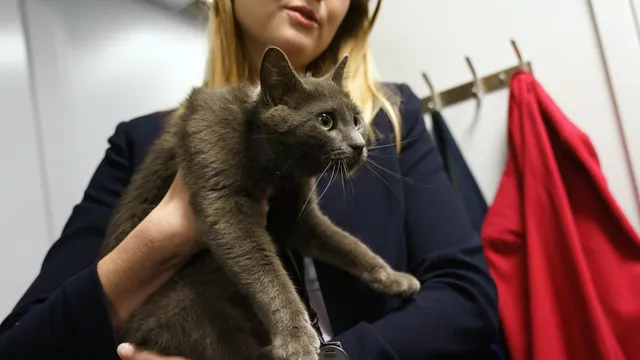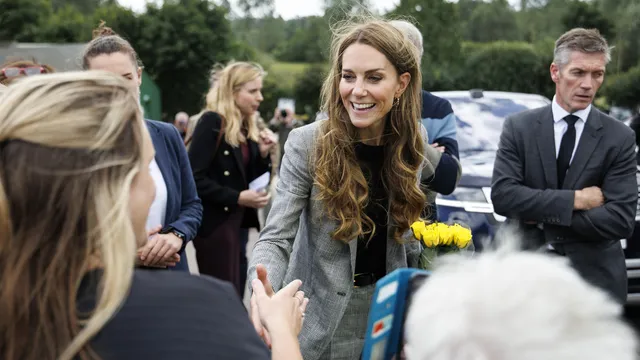Cats are among the most beloved pets around the world, but their relationship with humans dates back thousands of years—and began for a reason that may surprise many.
A new study sheds new light on why humans began domesticating these animals.
Humans have been keeping cats as pets for a very long time, and new research is revealing more and more about the origins of this custom. It was previously thought that the domestication of cats began around 9,000 years ago with the African wildcat.
But now scientists say that research indicates that this happened as far back as ancient Egypt, but at that time cats were not pets or mouse hunters—they were used for something that would be unimaginable to people today.
According to a 2024 Cats Protection study on cats in the UK, around 10.6 million people own cats. Around a quarter of households have a cat as a pet.
The 2024 Global Pet Survey estimates that the total pet population worldwide is around one billion, with cats being the most popular pets.
It was previously thought that the domestication of cats began more than 9,000 years ago, when wild cats began arriving in the first agricultural settlements.
This is partly due to the role cats still play in rodent control. As African wild cats hunted rats on farms, a mutually beneficial relationship developed, which ultimately led to their domestication. But now scientists are challenging this theory.
University of Exeter archaeologist Dr. Sean Doherty is the lead author of a study that refutes previous theories.
"Our study challenges this theory by reviewing the available osteological (bone), genetic, and iconographic evidence," Doherty told BBC Science Focus, adding that her team claims that the domestication of cats began in Egypt, sometime between the second and first millennia BC.
Scientists believe that the misdating may be due to the size of the cats' skeletal remains and their displacement through soil layers over time.
"So we used radiocarbon dating to confirm their true age. And this showed that some of the cat remains are significantly younger than previously thought," added Doherty.
Although many believe that rodent control certainly played a role in the domestication of cats, there was another, perhaps more important reason in the world of ancient Egypt.
Religion was generally of key importance—cats were considered sacred and were used as sacrifices to the goddess Bastet.
As a result, millions of cats were bred solely for sacrifice.
"The connection between domestic cats and the Egyptian goddess Bastet reached its peak in the first millennium BC," explains Doherty.
According to her, there were millions of mummified cats in the temples dedicated to the goddess.
"There were so many that during the Victorian era, tons of these mummies were brought to Great Britain to be ground up and used as fertilizer," said the archaeologist. | BGNES

 Breaking news
Breaking news
 Europe
Europe
 Bulgaria
Bulgaria







